Drones have become increasingly popular in recent years, transforming various industries around the globe. In Africa, the integration of drones with artificial intelligence (AI) is opening up new possibilities for agriculture, healthcare, wildlife conservation, and more. This blog post will delve into the potential of AI-powered drones and their impact on Africa's socio-economic landscape.
Agriculture
Agriculture is a critical sector in Africa, providing employment and food security for millions of people. With unpredictable weather patterns and changing climate conditions, farmers face numerous challenges in maintaining productivity. AI-powered drones offer a solution to these challenges through precision agriculture. Equipped with high-resolution cameras and advanced sensors, these drones can analyze crop health, identify diseases, and detect pests, enabling farmers to make data-driven decisions about resource allocation and crop management.
In addition to monitoring crop health, AI-driven drones can optimize irrigation systems by analyzing soil moisture levels and identifying areas that require more or less water. This efficient use of resources not only saves time and money but also contributes to sustainable farming practices.
Healthcare
Access to healthcare remains a significant challenge in many African countries, particularly in remote and rural areas. AI-powered drones can bridge this gap by offering a fast and efficient means of delivering medical supplies, such as vaccines, blood samples, and essential medicines. In countries like Rwanda and Ghana, drone delivery services have already made a considerable impact on healthcare, significantly reducing the time it takes to transport medical supplies to remote clinics.
Moreover, AI-driven drones can assist in emergency situations, such as locating lost or injured individuals in hard-to-reach areas. By using AI algorithms to analyze data from thermal cameras and satellite imagery, these drones can quickly identify and locate people in need of assistance, significantly improving response times and potentially saving lives.
Wildlife Conservation
Africa is home to a diverse range of wildlife, with many species facing the threat of extinction due to poaching and habitat loss. AI-powered drones can play a vital role in wildlife conservation efforts by monitoring and protecting endangered species. Equipped with advanced imaging technology and AI algorithms, these drones can detect illegal activities such as poaching, enabling law enforcement and conservation agencies to take swift action.
Furthermore, AI-driven drones can assist in tracking and monitoring wildlife populations, helping researchers and conservationists better understand migration patterns, habitat use, and population dynamics. This data can inform targeted conservation strategies and help ensure the long-term survival of Africa's unique and precious wildlife.
Infrastructure and Development
The rapid expansion of Africa's urban areas has placed considerable pressure on existing infrastructure, making it essential to develop innovative solutions that can meet growing demands. AI-powered drones can contribute to infrastructure planning and development by providing detailed aerial imagery, which can help identify the most suitable locations for new roads, bridges, and buildings. This data-driven approach to urban planning can lead to more efficient and sustainable development, ultimately improving the quality of life for millions of Africans.
Conclusion
AI-powered drones are proving to be a game-changer in Africa, offering innovative solutions to some of the continent's most pressing challenges. From agriculture and healthcare to wildlife conservation and infrastructure development, the integration of AI and drone technology is revolutionizing the way Africa addresses its socio-economic needs. By harnessing the potential of AI-powered drones, Africa can leverage cutting-edge technology to drive sustainable growth, enhance the well-being of its people, and ensure a brighter future for the continent.
As the technology continues to advance, it is crucial for governments, private sectors, and NGOs to collaborate and invest in the development and deployment of AI-driven drones. By fostering innovation, promoting capacity building, and creating an enabling regulatory environment, Africa can fully harness the power of AI and drones to address its most pressing challenges.
In conclusion, the potential for AI-powered drones in Africa is immense, and their impact will be felt across various sectors. With continued investment in research and development, these technologies have the power to transform the lives of millions of Africans, bringing about unprecedented social and economic benefits. As we move forward into the digital age, AI-driven drones will undoubtedly play a critical role in shaping Africa's future, ushering in a new era of progress and prosperity for the continent.

